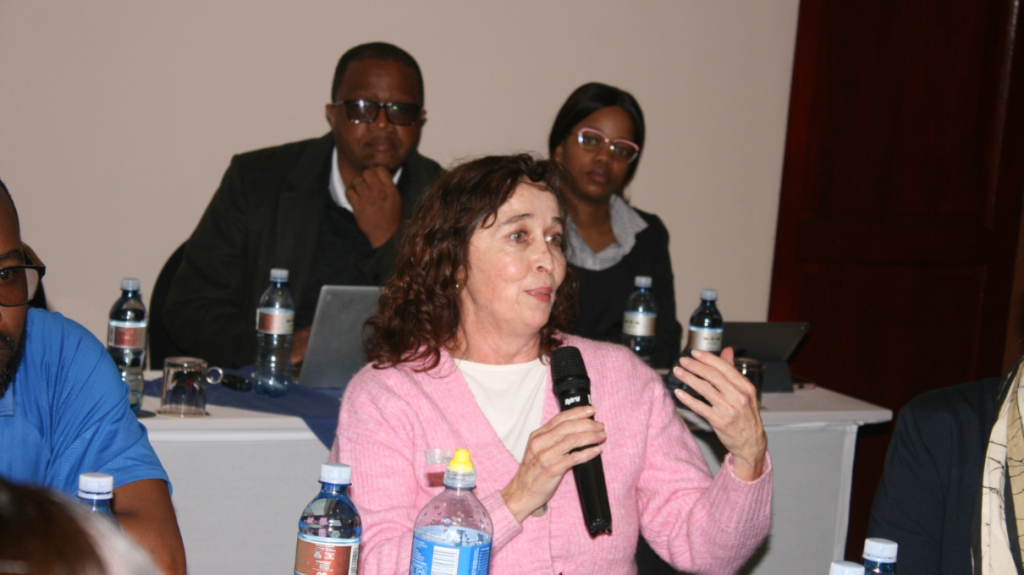
International Consultant, Paul Baker, has identified high data costs and the lack of a unified singular payment interface (UPI) as two major obstacles to the growth of e-commerce for the estimated 13 000 businesses in Eswatini.
E-commerce, or electronic commerce, is the buying and selling of goods and services over the internet.
Baker, who has previously developed e-commerce systems for countries like Mauritius and Kenya, was speaking at the National E-commerce Strategy Validation Workshop held at the Royal Villas in Ezulwini.
The workshop, sponsored by the European Union (EU), brought together a diverse group of stakeholders from both the private and public sectors. These included representatives from the Ministry of Information Communications and Technology (ICT), the Eswatini Communications Commission (ESSCOM), the Central Bank of Eswatini (CBE), First National Bank (FNB), Standard Bank Eswatini, the Eswatini Electricity Company (EEC), and the Eswatini Posts and Telecommunications Corporation (EPTC). Additionally, members of the Federation of Eswatini Business Community (FESBC).
Baker said that Eswatini ranks among those with the highest data costs in Africa, significantly hampering the kingdom’s participation in online business, as it is expensive for businesses to do business on the internet.
“While working on the development strategy for Eswatini, we found that a major barrier for businesses to participate in e-commerce is the very high cost of data. This is preventing businesses that would otherwise engage in online commerce from doing so,” he said.

Baker recommended that data service providers should consider introducing concessions to make it more affordable for Eswatini’s businesses to operate on the internet. He revealed that women and children in rural areas do not have easy access to the internet due to the high data costs.
Also speaking at the event was Julie Nixon of Fair and Square, who stressed the urgent need for a unified digital payment platform or a UPI to support online transactions for local businesses.
“I recently attended an international trade fair in Japan, and the response to our products, which are handicrafts produced by women in rural areas, was overwhelming. One person even wanted to buy everything we had on display,” Nixon said. “However, I couldn’t complete the sale because the individual wanted to pay digitally, and Eswatini doesn’t have a unified online payment system. We urgently need to develop one, and I am asking the Central Bank to develop one.”
Unified Payment Interface (UPI) is a digital system that allows users to make instant, real-time payments directly from one bank account to another using a mobile device. For businesses engaged in e-commerce, UPI helps streamline the checkout process, reduces transaction fees, and builds customer trust by offering convenient and widely accepted payment options.
In Eswatini, the absence of a UPI means that businesses face difficulties in receiving payments from customers, especially in digital and international transactions. This limits their ability to sell products online, both locally and globally, and forces them to rely on fragmented or manual payment methods.

Ultimately, Eswatini’s businesses are at a competitive disadvantage in the global digital economy.
Following Nixon’s remarks, Mavie Thwala from the United Nations Development Programme (UNDP) echoed these concerns, emphasizing that the absence of a centralized digital payment system continues to frustrate local entrepreneurs.
“The lack of a single digital payment platform is a serious challenge. The Central Bank or another competent authority needs to take the lead in developing it so that businesses in Eswatini can fully engage in e-commerce, as we are losing money,” Thwala stated.
